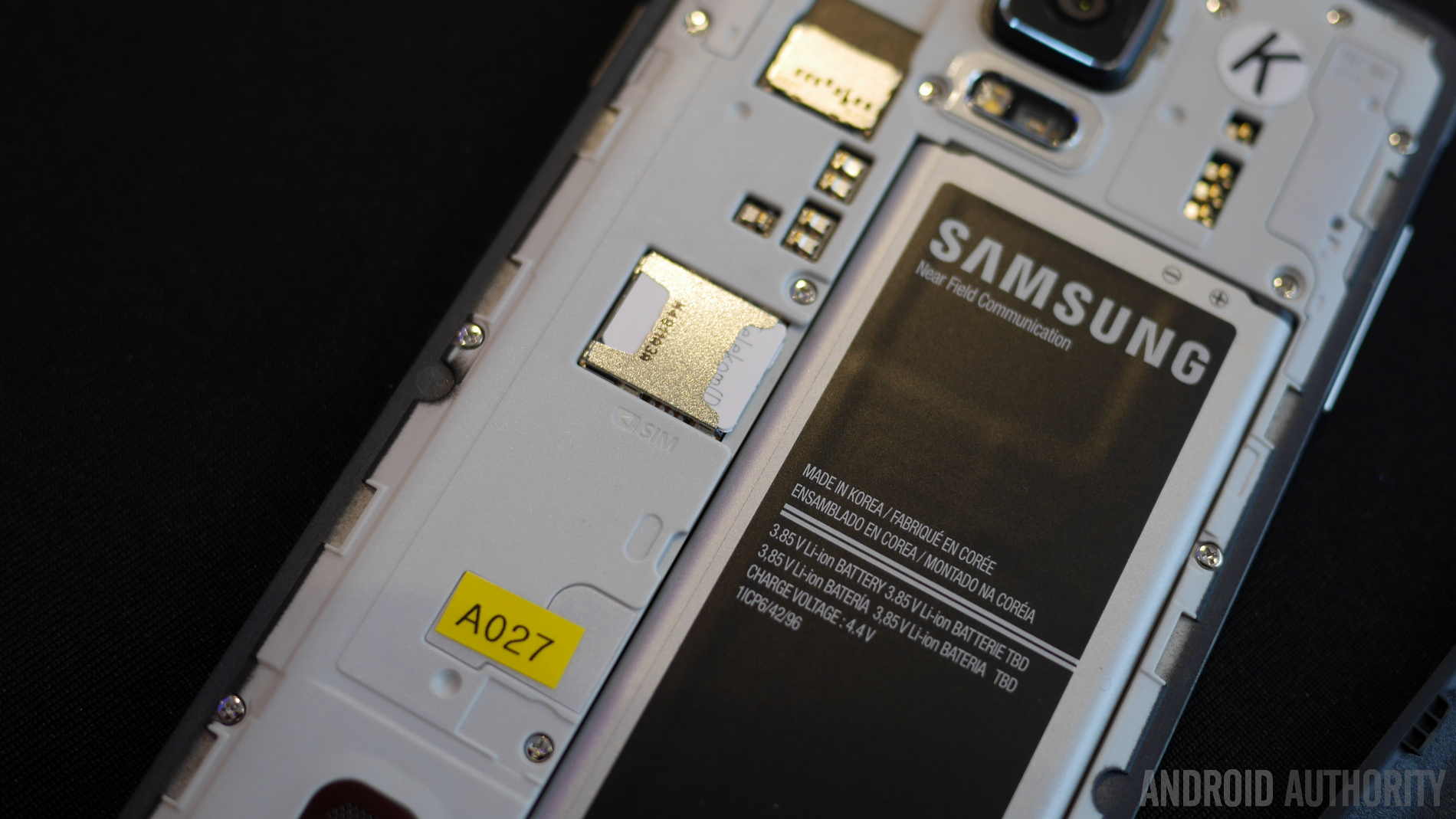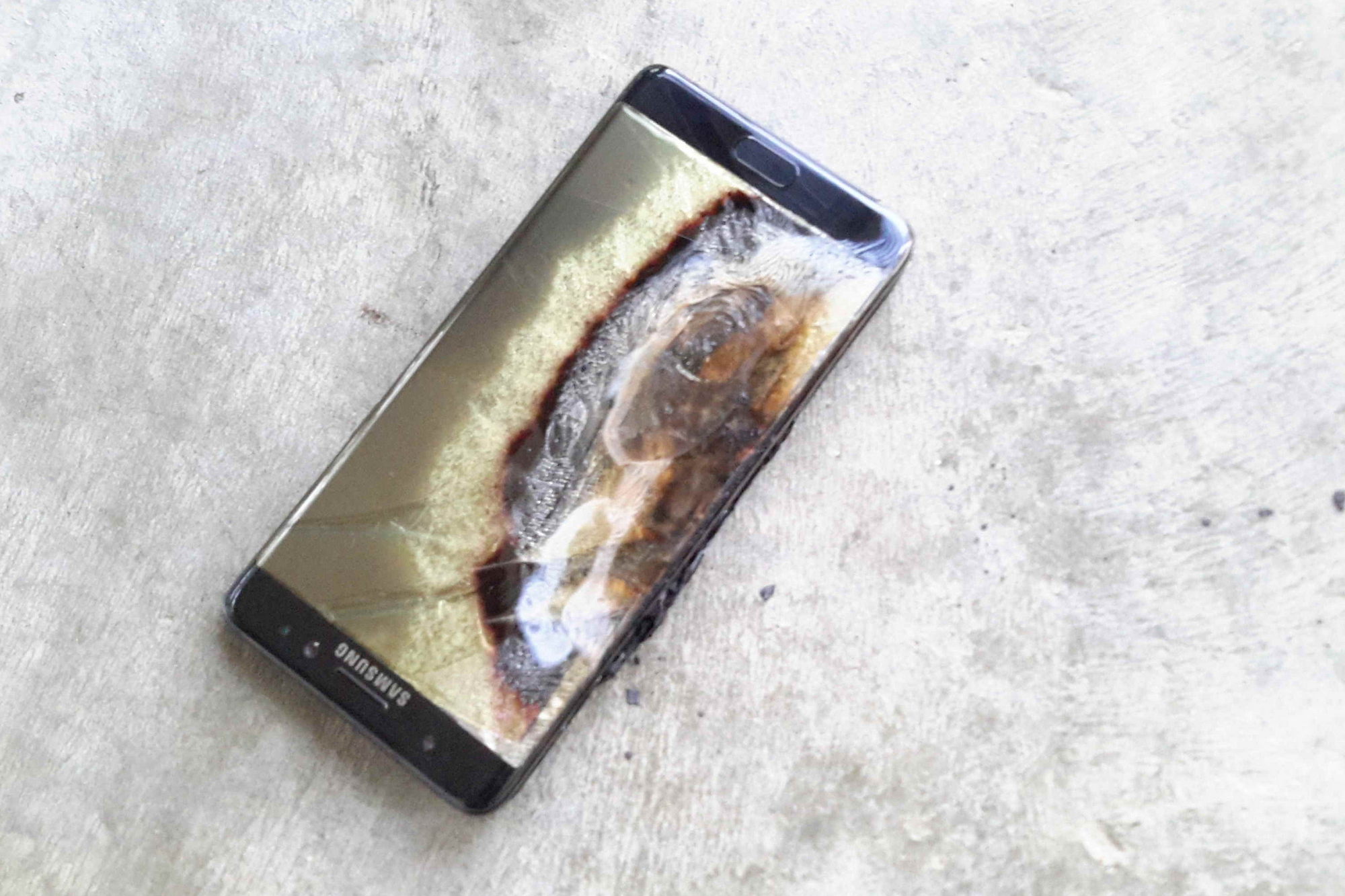Affiliate links on Android Authority may earn us a commission. Learn more.
Galaxy Note 7 drops Samsung SDI batteries after fires

As part of its Galaxy Note 7 recall process, Samsung will be replacing the batteries used in the handset to ensure that all of its smartphones are safe to use. Reports from inside the Korean industry now suggest that the company will be completely dropping batteries produced by its Samsung SDI subsidiary from use in the Note 7.
Samsung SDI supplied 70 percent of the batteries fitted into the 2.5 million estimated Galaxy Note 7 units that have so far landed in consumer hands and stores. The other 30 percent of batteries have been provided by Chinese battery maker ATL. It is now likely that Samsung will have to purchase additional batteries from ATL for its recall and future Note 7 stock. It’s also possible that Samsung may use batteries from familiar supplier LG Chem to make up any shortfall.
“For the global recall of 2.5 million units, Samsung SDI is expected to bear the expense for most of the battery parts,” – Lee Seung-hyuck, analyst at Korea Investment & Securities
According to Samsung, problems with defective batteries are the leading cause of reported Note 7 explosions and fires. We now know that Samsung itself is responsible for the development and manufacture of these faulty cells. Samsung SDI only began development of non-removable batteries at the end of 2014, as part of an effort to bring more components in-house to improve profit margins. The company didn’t supply many batteries for use in the Galaxy S6 or S7 series, the Note 7 is the first phone to have purchased the majority of its cells from Samsung SDI.

As a result of the decision, Samsung SDI will lose out on important revenue from Galaxy Note 7 sales. Combined with the cost of replacing the battery parts, Samsung SDI could stand to lose around 18 billion won ($16 million) worth of revenue in the third quarter. The recall is already expected to cost Samsung in the region of $1 billion, and the costs could keep mounting if slow sales have a knock on effect for the company’s various component businesses.